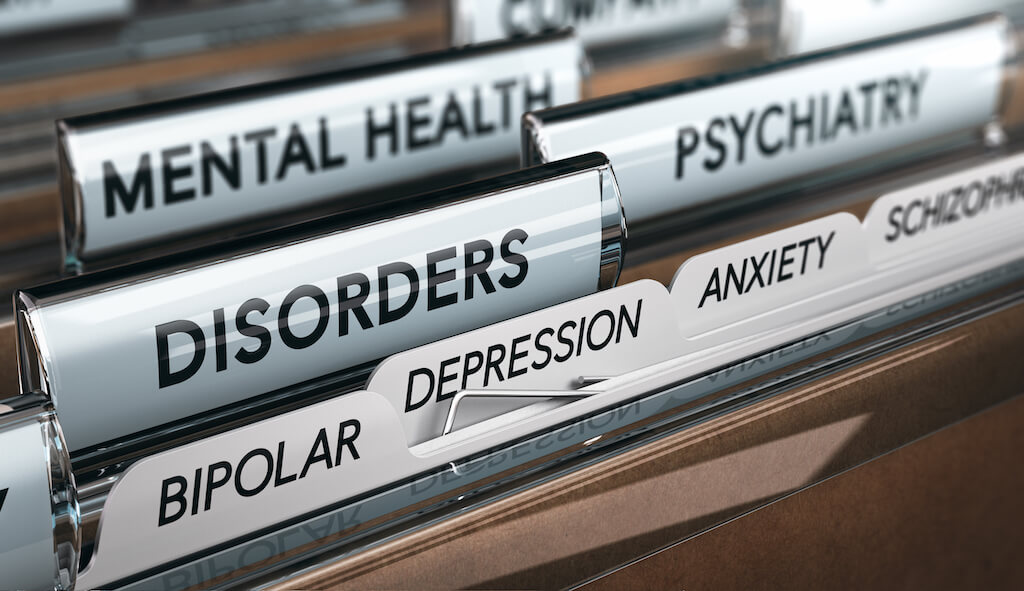The answer to this question is most a resounding yes for most patients, families, and, insurance companies. But for the millions of practicing therapists, counselors, psychologists and psychiatrists, we may not get such enthusiastic agreement on this answer. Why is that? The answer may lie in how psychiatric diagnoses are made, and what our expectations are, once they are given. For many, a diagnosis often times means that a solution to their search for answers is finally “here.” They can now get the treatment they truly deserve. They may have gone through a bewildering journey in our complicated healthcare system, and have been let down countless times before because of a misdiagnosis. Then there is the overwhelming amount of online information about diagnoses, usually including lists of criteria from the latest Diagnostic and Statistical Manual of Mental Disorders – 5thEdition (DSM-5).
As a practicing psychiatrist, I am trained to look at diagnoses differently. For me, they are a tentative starting point, not the end. When first made, they mark the beginning of my journey with my patient, and are therefore always subject to change as I get to know them better. More information surfaces with time. The patient’s patterns and habits begin to become more obvious and we navigate life stresses together on this very same journey. That means that my diagnoses are always subject to review. For me, they are not this oversimplified, concrete entity that is given a numeric billing or diagnosis code by an insurance company. That just reflects a rather cold, digitized approach to healthcare that is a universe away from the realities and nuances of human suffering. I am far more interested in what symptoms are most troubling to my patient and focus my energy on those instead. Symptoms tend to cluster into patterns known as syndromes that form the prototype behind many diagnoses. Training in area gives a healthcare professional a sixth, intuitive sense of what the patient is likely struggling with (e.g. a mood disorder, an anxiety disorder, perhaps even both), and why at this particular time. In reality, most patients’ diagnoses merge with one another. Even more commonly, they may not even fit into the lists of diagnoses in the DSM-5 or the ICD-10 (the two internationally recognized classifications of psychiatric disorders used today). For example, the most common scenario I see and treat is a mixture of panic symptoms, worrying, tension, phobic avoidance behaviors, along with fatigue, demoralization and even depression. What do I do? Should I then give four or five different anxiety disorder diagnoses or should I just say: Anxiety Disorder -unspecified type? Like any prudent clinician, I will make a tentative diagnosis, and target the most troublesome symptoms with the medication I think will work best for most of them. I don’t complicate it even more by prescribing too many medications at the same time. Most importantly, I will try to educate my patient on the nature and frequency of their symptoms, so as to demystify them, and thereby help my patient recognize these predictable patterns for themselves. That alone can provide enormous relief because the uncertainty of what symptoms they are experiencing can exacerbate existing distress for many patients. I will also then advise them of what role they, the medication, and therapy can play in helping to resolve specific symptoms so they can have a realistic and clear plan of action as to what is needed. Ultimately, I have found that is far more helpful than just a diagnosis. Lastly, some comments on how psychiatric diagnoses are derived today. Unlike other specialties where a blood test, CT scan or an ultrasound provides definitive proof of a diagnosis, in psychiatry, we are far more attuned to the subjective experience of the patient. That is, after all, our craft. The term psychiatry essentially means study of the human spirit or soul. The diagnoses listed in the DSM-5 are derived from consensus agreement of experts on specific committees. While the methods are arguably scientifically rigorous, this still means that these criteria are subject to change about every ten to twenty years when it is deemed necessary to update this manual. However, it is the internet that has apparently run with these criteria and circulated them wherever one looks up psychiatric diagnoses on the world wide web. That has been a very unfortunate unintended consequence that has tended to misinform many patients about diagnoses. Only a trained mental health professional should interpret DSM-5 diagnoses. Does your psychiatric diagnosis matter? The answer is yes for billing and insurance purposes and maybe. Symptoms matter more for actual treatment purposes and, most importantly, for relief of mental suffering. Please talk to your mental health professional about this very important topic. After all, you are not just your diagnosis.







